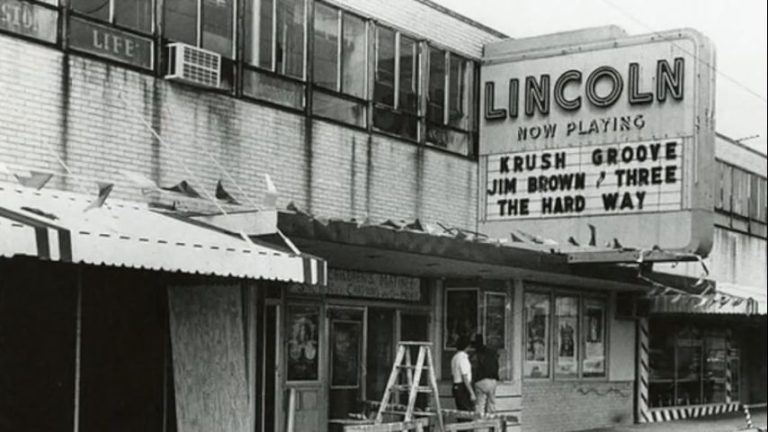BATON ROUGE — The long-awaited transformation of the historic Lincoln Theater began after a groundbreaking ceremony Friday for a new cultural venue at the corner of Eddie Robinson Sr. Boulevard and Myrtle Walk.
The current plan for the theater is to rename it the Louisiana Black History Hall of Fame Museum and Cultural Center and use the building as a multi-purpose facility. It will be used to celebrate the history of this city, while it will also be a place where performances and events can take place.
Founded in 1949 by Aristotle Chatman and his development committee, the Lincoln Theater was a safe haven for Baton Rouge's black community. It was only one of the few theaters that African Americans were allowed to go to during segregation.
Artists like James Brown, Aretha Franklin, and Otis Redding were just some of the major stars who walked in this historic building. It was also known for the many small businesses located on the second floor.
For years, this building sat vacant, but recently, the city approved a renovation effort to bring life back to what was once a vital part of the community.
Community members said buildings like this are important because they not only bring back a beloved part of the city, but they bring life back to assets like this that still have great value to the community.
“It's important to celebrate what used to be,” real estate developer Anthony Kimble said. “But you also have to realize that there are buildings like this, which have value for our future and for our next generation as well.”
Once the renovations are complete, children will be able to see all the amazing arts, entertainment, historical displays and learn more about African American accomplishments, said Brenda Dunn, founder and executive director of the Louisiana Black History Hall of Fame and Museum and Center. The goal is to have them use this as inspiration to achieve their dreams and move forward.
To build on this historic facility's legacy as an entertainment and commercial complex, the Lincoln Theater became a designated state landmark on the National Register of Historic Places in December 2010.
In a city like Baton Rouge and in a state like Louisiana, historic buildings speak, Dunn said.
“If we don’t value our historic buildings, who will?” Dunn said. “It is very important to do this for future generations. That is why we chose to save him and not let him die.”
Click here for more information about the theater's history and what they have planned for the Louisiana Black History Hall of Fame Museum and Cultural Center.

